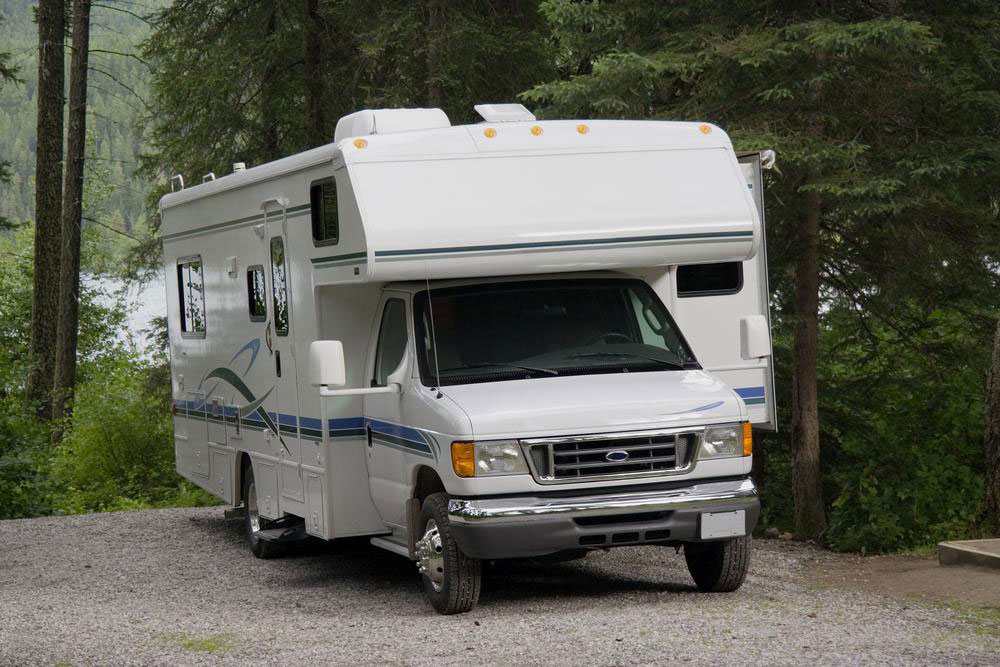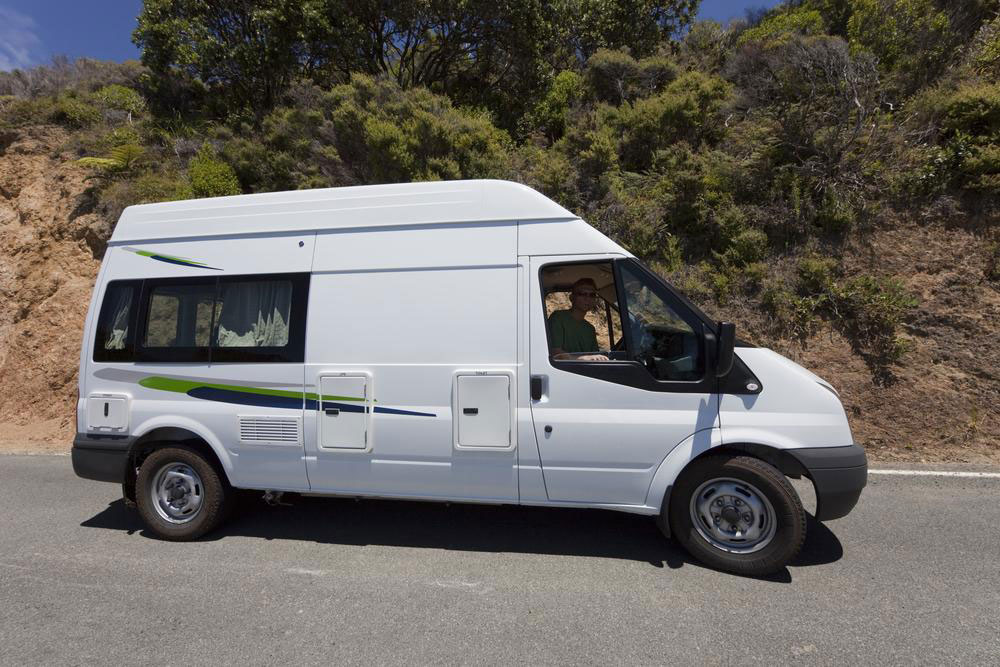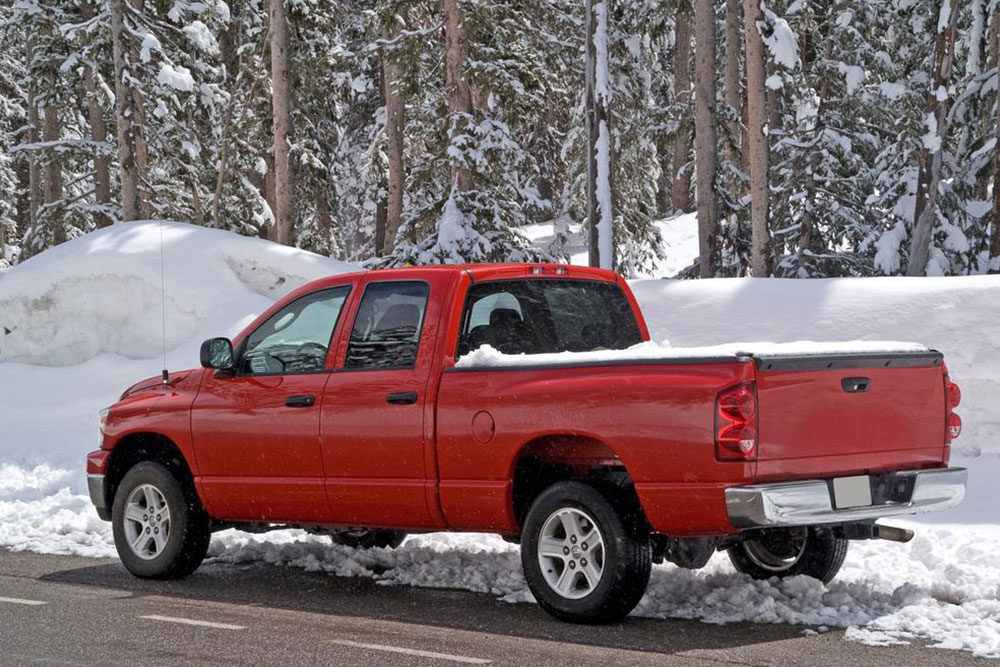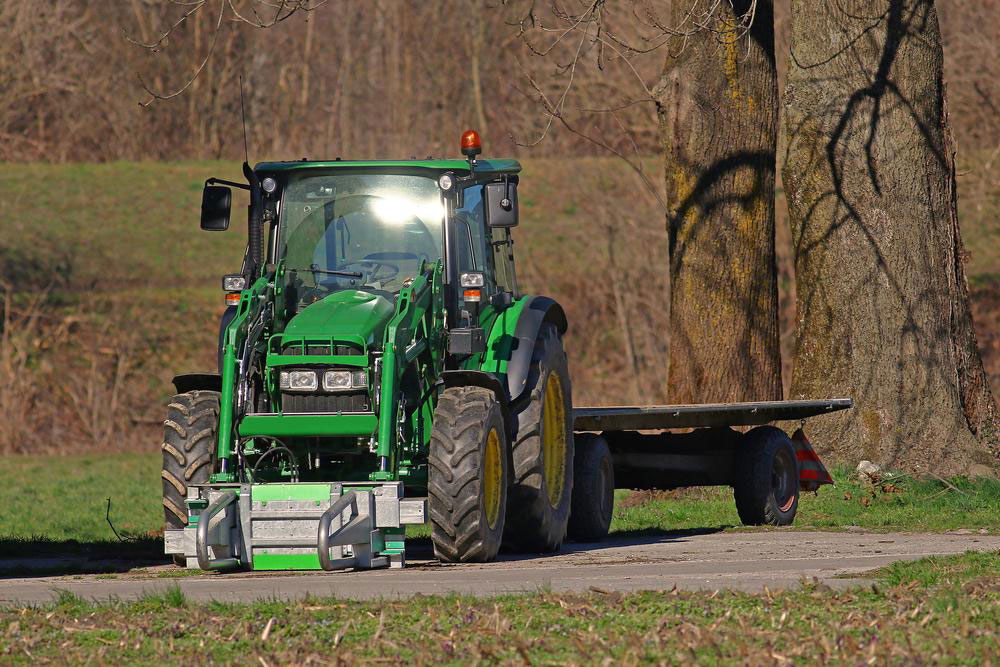Guide to Purchasing Used RVs for Adventure Seekers
Discover essential tips for buying a used RV, including budget considerations, vehicle history checks, and choosing the right model for your travel needs. This comprehensive guide helps prospective buyers make informed decisions for memorable adventures on the road.
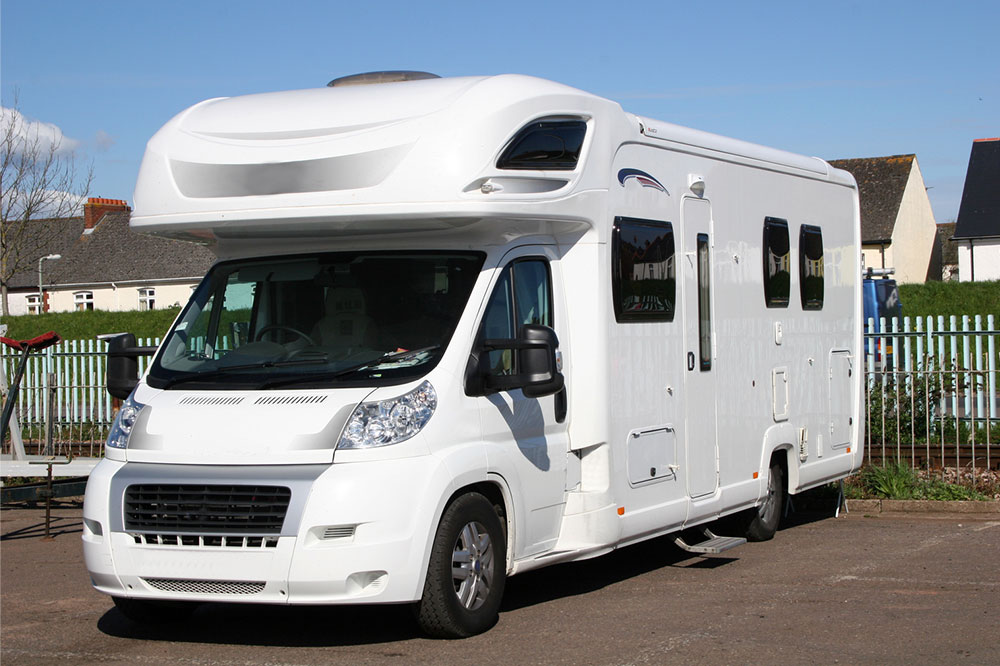
Guide to Buying a Used Recreational Vehicle
Owning a recreational vehicle and exploring scenic routes offers an unforgettable experience. Before embarking on your journey, you need to carefully select the right vehicle to tow or drive your RV, considering the latest electronic features and specifications. Opting for a pre-owned RV can be a smart financial decision, providing quality and comfort at a lower cost. Typically, a used RV that is over three years old costs about half of its original price, after accounting for depreciation, financing, and maintenance expenses.
If you're planning summer vacations or family adventures, purchasing a used RV can be ideal. Properly maintained, these vehicles offer significant savings while still providing comfort and convenience.
Here are key tips for selecting a quality used RV:
While dreaming of traveling far with your home on wheels is exciting, it’s important to stay grounded. Research online, read owner testimonials, join RV clubs, attend rallies and shows of your preferred brands. Connecting with experienced owners helps determine if a specific model aligns with your lifestyle.
Know your needs clearly. Whether you're seeking a new model or an upgrade, understand the size, type, and features that suit your travel plans. For instance, Class A RVs may be great for occasional stays but challenging for long drives, whereas smaller models might be more manageable for frequent travel. Clarify your purpose before investing.
Explore online listings and visit RV parks for the best deals. Many sellers are individual owners, making direct negotiations possible. Use comprehensive databases to filter options based on model, price, and location.
Utilize tools like NADAguides to check current market values by entering vehicle details online. Dealer websites and local sellers also help in comparing prices and ensuring fair deals.
Always obtain a detailed vehicle history report using the 17-digit VIN. This report reveals previous accidents, damages, theft, recalls, and manufacturer details. Request maintenance records, ownership history, warranties, and manuals from the seller. Test drive the RV to assess engine performance, handling, braking, and other mechanical systems.
Be vigilant about potential issues. An RV that has remained stationary for long periods may need costly repairs. Check if it has traveled between 10,000 to 35,000 miles, and inspect crucial components like batteries, belts, brakes, tires, and plumbing systems. Consider if the RV has been exposed to harsh weather, which might affect its condition.
Stay informed about market value trends, compare similar vehicle prices, and review common problems with your chosen model. Financing options are available through lenders who may require vehicle inspections, especially for older models over five years.
Select an RV that fits your travel style and family needs. If traveling with children, ensure sufficient sleeping capacity and living space. For solo or couple trips, smaller models may suffice. Prioritize comfort, functionality, and your budget for a satisfying purchase.
Plan thoroughly to ensure your new used RV will bring joy for many adventures. Whether traveling with family or alone, making informed decisions will help you enjoy memorable journeys in your home-on-wheels.

